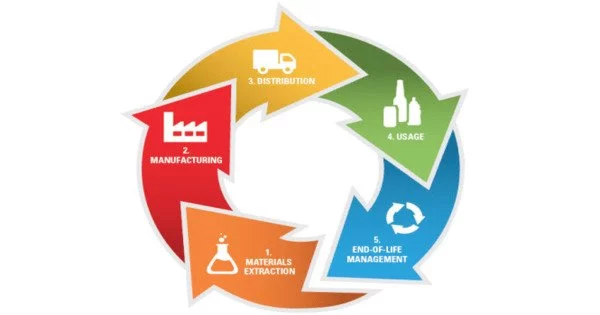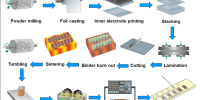Extended Producer Responsibility (EPR) is a policy concept that aims to hold producers responsible for the environmental impacts of their products throughout their entire life cycle, from production to disposal. EPR policies require manufacturers to take responsibility for the environmental impact of their products by either designing them to be more environmentally friendly or by taking back the products and properly disposing of them at the end of their useful life.
EPR is a strategy that adds all of the estimated environmental costs associated with a product throughout its life cycle to the market price of that product, which is currently primarily used in waste management. Such societal costs are typically externalities of market mechanisms, with the impact of automobiles being a common example.
The concept of EPR is based on the idea that producers have a greater ability and responsibility to prevent waste and pollution than consumers or local governments. EPR policies can incentivize producers to design products that are more sustainable and to incorporate more environmentally friendly materials and manufacturing processes. This can also encourage consumers to make more sustainable choices by making it easier for them to recycle and dispose of products properly.
Because it “focuses on the end-of-use treatment of consumer products and has the primary aim of increasing the amount and degree of product recovery and minimizing the environmental impact of waste materials,” extended producer responsibility legislation is a driving force behind the adoption of remanufacturing initiatives.
EPR policies have been implemented in many countries around the world, including in the European Union, Japan, Canada, and some states in the United States. These policies have been successful in reducing the environmental impact of certain products, such as packaging, batteries, and electronics. However, the implementation and effectiveness of EPR policies vary depending on the specific product and the regulatory environment in which they are implemented.
Passing responsibility to producers as polluters is not only a matter of environmental policy but also the most effective means of achieving higher environmental standards in product design. EPR policies typically involve the establishment of a recycling fee or deposit that is paid by manufacturers when they sell their products. This fee or deposit is then used to fund the collection, transportation, and recycling of the products at the end of their useful life.
















